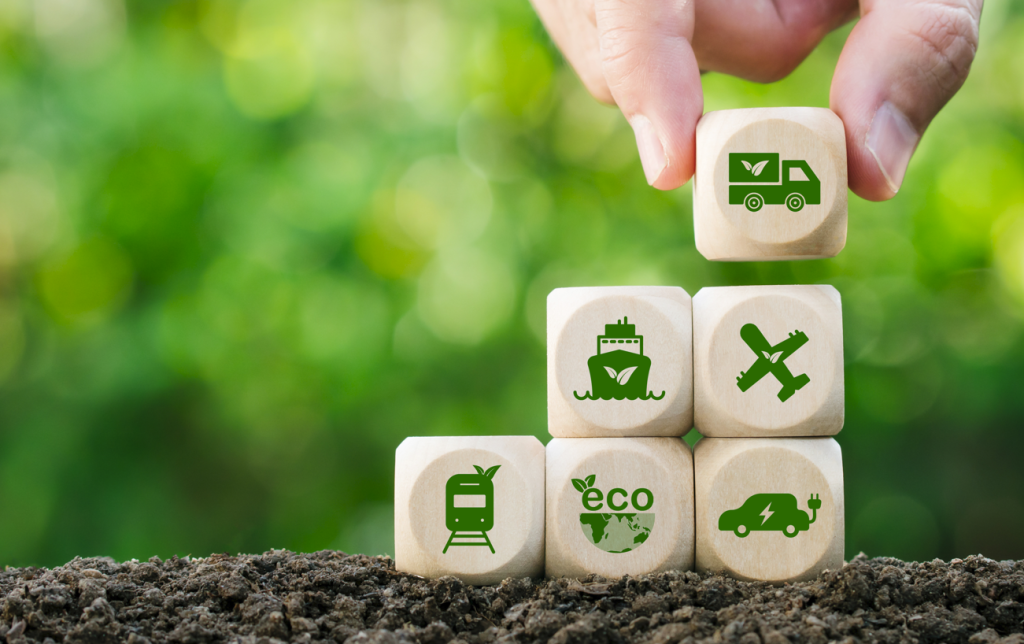
Low Carbon Hydrogen Development Program
Law 14.990/2024 was published on September 30, establishing the Low Carbon Hydrogen Development Program (“PHBC”) to fund the energy transition based on the use of low carbon hydrogen. This Law complements Law 14.948/2024, which provides for the legal framework for low-carbon hydrogen.
Low-carbon hydrogen has been encouraged worldwide due to its environmentally friendly characteristics and as another alternative for decarbonizing economic activities and reducing greenhouse gas (GHG) emissions.
Hydrogen is the most abundant chemical element in nature. Particularly noteworthy is green hydrogen (H2V), obtained through the electrolysis process, which uses electric current to separate hydrogen from oxygen, with the advantage of emitting water as “waste” from its production.
Brazil is at the forefront because it has an abundance of clean energy generation and an electricity matrix that is 84.8% renewable, while the world average is 28.1%.
To encoura2028 to 2032tion of low-carbon hydrogen, the PHBC will grant tax credits, in the years 2028 to 2032, of the Social Contribution on Net Profits (“CSLL”) of up to 100% of the difference between its estimated price and the estimated price of substitute goods, to be regulated.
The granting of the tax credit will be preceded by a competitive procedure, to be regulated. This procedure will select the projects that will be able to receive the tax credits and will observe, as a criterion for judging the proposals, the lowest credit value per unit of measurement of the product.
We highlight below the main aspects of the new tax incentive:
- Projects that meet at least one of the following requirements are eligible:
(i) contribution to regional development.
(ii) contribution to climate change mitigation and adaptation measures.
(iii) stimulating technological development and dissemination and
(iv) contribution to the diversification of the Brazilian industrial park.
- Eligible companies or consortia of companies that:
(i) are or have been beneficiaries of the Special Incentive Regime for Low Carbon Hydrogen Production (“Rehidro”), in the case of producers or
(ii) purchase low-carbon hydrogen produced by a company or consortium of companies benefiting from Rehidro, in the case of buyers.
- Global amounts related to tax credit limits will progress from R$1.7 billion to R$5 billion between 2028 and 2032.
- The tax credit amount will be recognized in the beneficiary’s operating income.
- The tax credit may be subject to
(i) offsetting against own debts, due or overdue, relating to taxes administered by the Brazilian Federal Revenue Service or
(ii) reimbursement in cash, to be paid by the public administration within 12 months from the date of the request.
There are many benefits to H2V. It is sustainable, does not emit polluting gases during its production process, is storable, despite its volatility, is versatile and can be transformed into electricity or synthetic fuel and can also be used for commercial, industrial or mobility purposes.
However, there are challenges ahead due to the high costs of its production and storage, which can affect its competitiveness. This is because electrolysis requires greater energy consumption, and hydrogen is very volatile and flammable, which requires extra care and safety protocols to avoid leaks and explosions.
In any case, the benefits of H2V for the environment and the planet’s future are undeniable, which is why the PHBC is very timely. However, it is important that Public Authorities, especially the Internal Revenue Service regulate it as soon as possible to make it applicable and better assimilated.
Our Tax, Energy and Environmental Law teams will continue monitoring the related regulation for a more detailed analysis.
This bulletin is for information purposes only and should not be considered legal advice on any aspect dealt with here. For further information, please contact our team:
- Angélica Santos – Tax Consulting Partner (angelica.santos@cgmlaw.com.br)
- Alexei Macorin Vivan – Energy Partner (alexei.vivan@cgmlaw.com.br)
- Paula Chaccur de Cresci – Environmental Partner (paula.chaccur@cgmlaw.com.br)

